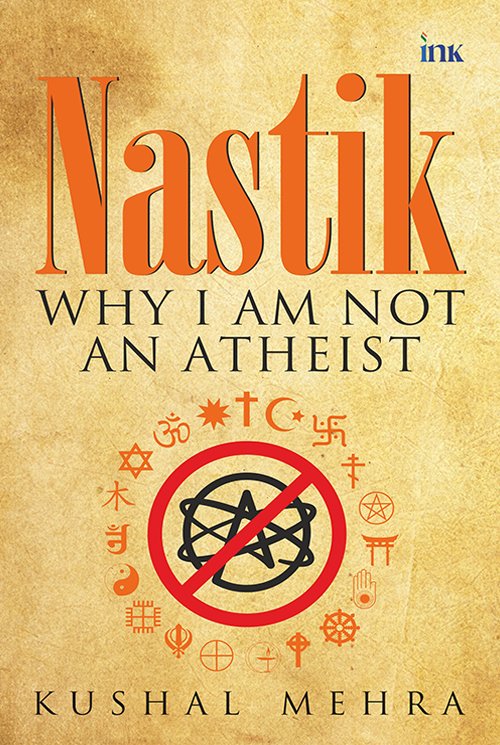Nastik
Nastik chronicles the transformative journey of a modern Indian sceptic who initially embraced Western neo-atheism. It begins with the protagonist’s disillusionment with religious dogma and his subsequent adoption of Western neo-atheism, characterized by a staunch denial of theism and a critique of religion’s influence on society.
As the narrative unfolds, he encounters the rich tapestry of Indian philosophy. He discovers the nuanced perspectives of nastik schools of thought in Indian tradition, such as Charvaka, Jainism and certain interpretations of Buddhism, which reject the authority of the Vedas and the existence of a creator god yet engage deeply with ethical and philosophical questions. His transformation into a nastik and Nirishvarwaadi is marked by an appreciation for the complexity of Eastern scepticism, which often intertwines with spiritual and moral considerations unlike the more direct and often materialistic scepticism prevalent in the West. The book delves into the differences between Western and Eastern scepticism, highlighting how Eastern traditions offer a nuanced view that accommodates doubt within a spiritual framework.
As his worldview evolves, he critiques the emergence of neo-atheism’s successor, ‘wokeism’, which he argues marks a shift from scepticism to a new form of dogmatism. He argues that neo-atheism inadvertently paved the way for wokeism by undermining traditional structures without offering a sustainable alternative, leading to a vacuum that wokeism has filled with its own set of moral certainties.
At the penultimate stage, the protagonist explores the concept of Hindu scepticism, which is considered part of the broader Hindu tradition. The inclusiveness of this tradition highlights the unique ability of dharma to absorb various strands of thought. As the narration closes, he learns that at the heart of dharmic traditions lies a commitment to mutual respect, reciprocity and ahimsa (non-violence), which have allowed for a diverse array of beliefs and practices to coexist and flourish within the Indian philosophical landscape.


